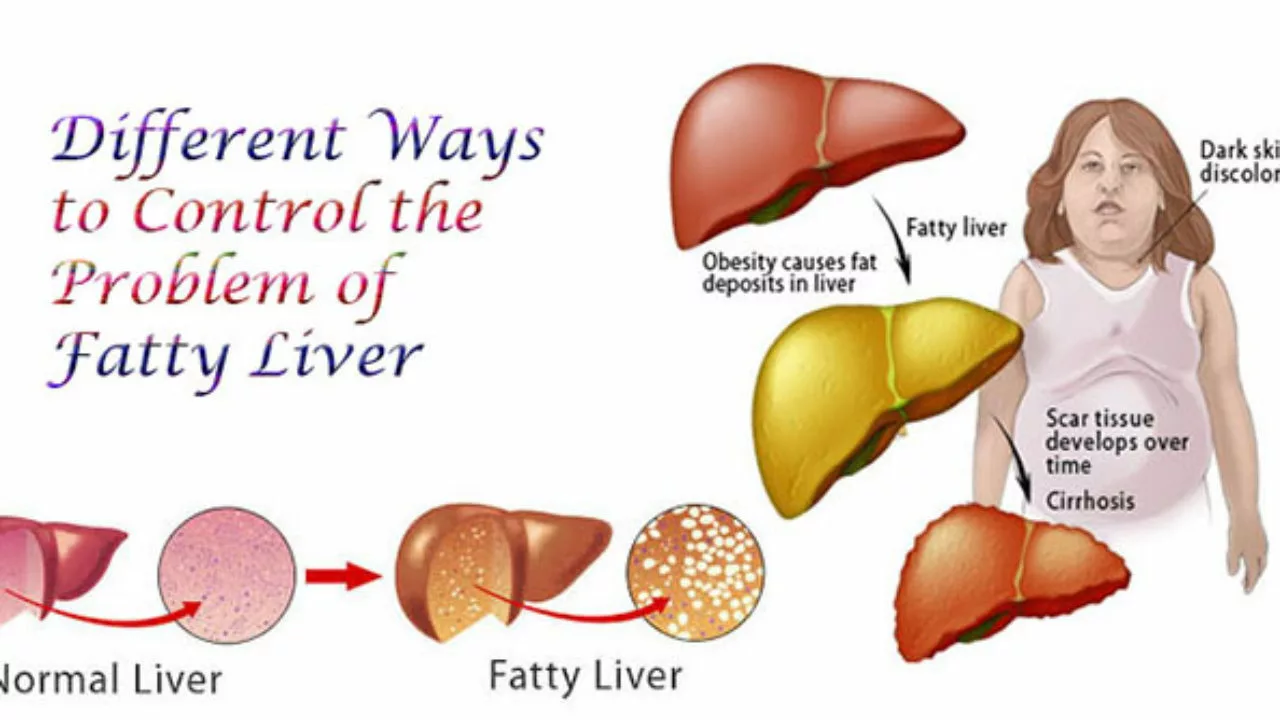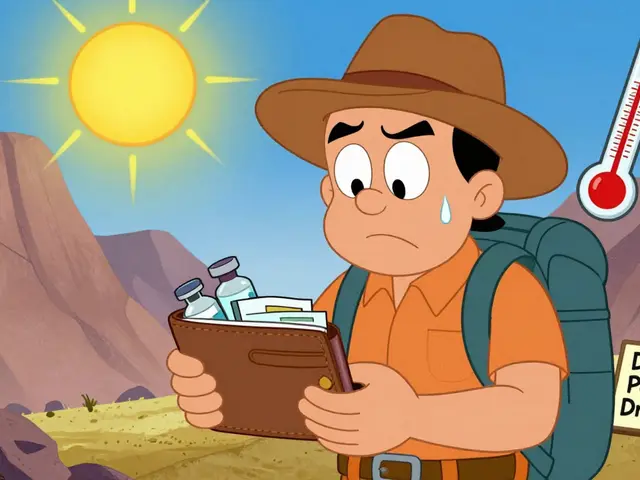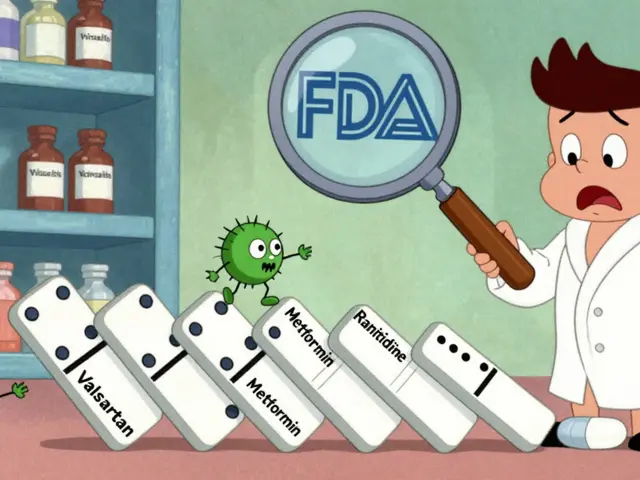Precautions: Simple, Practical Steps to Use Medicines Safely
Ever felt unsure about a new prescription, a supplement, or buying meds online? Small mistakes with medicines can cause big problems. This page collects practical precautions you can use right away—what to ask, what to avoid, and how to spot risky situations. No jargon, just clear steps you can follow.
Quick safety checklist before you take any medicine
Ask these questions out loud or write them down: Who prescribed this and why? Do I really need it now? Does it interact with anything I already take—prescription, OTC, or herbal? Am I pregnant, breastfeeding, or planning to be? Do I have kidney or liver issues that change the dose? If any answer raises doubts, call your prescriber or pharmacist before starting.
Check the label every time. Confirm dose, timing, and whether to take with food. For drugs like isotretinoin or tretinoin, absorption and side effects depend on diet and strict safety rules—follow the provider’s instructions exactly. If a medicine has a known interaction (for example, some herbs and antidepressants), stop and ask for alternatives.
Buying meds online: red flags and safe moves
Shopping online? Look for a real pharmacy license, clear contact info, and a requirement for a prescription when needed. Be wary of websites that sell controlled drugs without asking for a valid prescription or push unrealistic low prices. Use trusted sellers and compare prices, not just the cheapest option. If you read reviews, check multiple sources—fraudulent sites can fake praise.
For specific concerns, read targeted guides. For example, our articles explain where to buy tretinoin safely, how to evaluate an online anabolic steroid seller, and the best ways to find discounts on antibiotics like Amoxil. Those posts list practical checks and links to more sources.
Watch for red flags while taking medicines: new rash, sudden shortness of breath, fainting, severe stomach pain, yellowing skin/eyes, or suicidal thoughts with some antidepressants. If any of these appear, stop the medicine only if your doctor tells you or if it’s an emergency—then seek immediate care.
Small habits reduce risk: keep a current medication list (include supplements), store meds in original containers away from heat, set reminders for doses, and never share prescription drugs. When stopping a medicine, ask whether you need to taper or can stop abruptly—some drugs require a gradual reduction.
Want tailored advice? Bring your medication list, allergies, and recent labs to appointments. Ask for plain-language explanations and written instructions. If you use multiple providers, make sure everyone knows what you take so they can catch dangerous interactions before they happen.
Use the articles on this tag to dig deeper into specific medicines and scenarios. Each post gives safe-use tips, side-effect signs, and practical ways to talk with your doctor or pharmacist. Stay curious, ask questions, and treat medication safety like part of your everyday routine.




